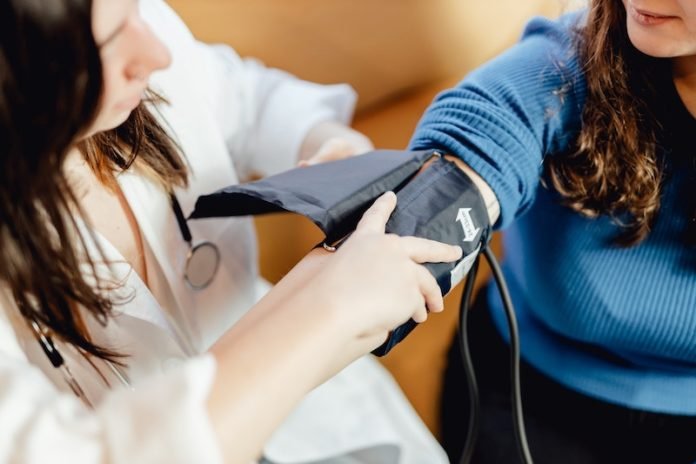
A medicine that many of us have in our homes, known as acetaminophen, is mostly used to ease headaches. We typically swallow this medicine in a pill form.
However, in hospitals, it’s often given differently, directly into a vein. This method is known as “intravenous” delivery.
Why Hospitals Use Acetaminophen Differently
Why do medical professionals choose to give acetaminophen in this way? There are a few reasons. For one, the medicine starts working faster when delivered directly into the bloodstream.
Doctors and nurses can also better control how much of the medicine a patient gets and when. Finally, for very sick patients who can’t easily swallow pills, this method can be more convenient.
Linking Acetaminophen to Blood Pressure
But this intravenous way of giving acetaminophen has a surprising side effect. It can cause a temporary but significant drop in a patient’s blood pressure.
This happens in many patients, including both ordinary and seriously ill individuals. In the more seriously ill patients, about 60% experience this side effect, and one-third of these need medical assistance because of it.
Despite this side effect, intravenous acetaminophen is still widely used in hospitals. It’s considered a safe and stable drug. Most healthcare professionals are aware of this blood pressure effect.
Digging Deeper: The Research Findings
In a recent study, a group of researchers wanted to find out why acetaminophen can cause a drop in blood pressure. The research was led by Thomas Qvistgaard Jepps from the University of Copenhagen.
The researchers discovered something quite interesting. When acetaminophen is given intravenously, it bypasses the liver.
This changes how the body processes the drug compared to when it’s swallowed.
The byproducts of this different processing path can affect some parts of our cells called potassium channels, which are important for controlling blood pressure.
The researchers went a step further in their study. They tested drugs that can block these potassium channels in lab rats.
The results were promising as these drugs reduced the blood pressure drop caused by intravenous acetaminophen.
What It All Means
The researchers emphasize that most people shouldn’t be worried about taking painkillers like acetaminophen, as long as they stick to the recommended doses.
This is particularly important to know at the time of the COVID-19 crisis, when more very ill patients may be receiving intravenous acetaminophen in hospitals to manage pain and fever.
If you’re interested in learning more about high blood pressure, consider looking at studies about the best time to take high blood pressure drugs, and new ways scientists are finding to treat high blood pressure.
More health-related information can be found in recent studies like one that suggests beetroot juice could help lower high blood pressure, and another that suggests a common plant nutrient might help reduce high blood pressure.
This important research was published in the journal Atherosclerosis, Thrombosis, and Vascular Biology.
If you care about high blood pressure, please read studies that drinking tea could help lower blood pressure, and early time-restricted eating could help improve blood pressure.
For more information about blood pressure, please see recent studies about added sugar in your diet linked to higher blood pressure, and results showing vitamin D could improve blood pressure in people with diabetes.
Follow us on Twitter for more articles about this topic.
Copyright © 2023 Knowridge Science Report. All rights reserved.



